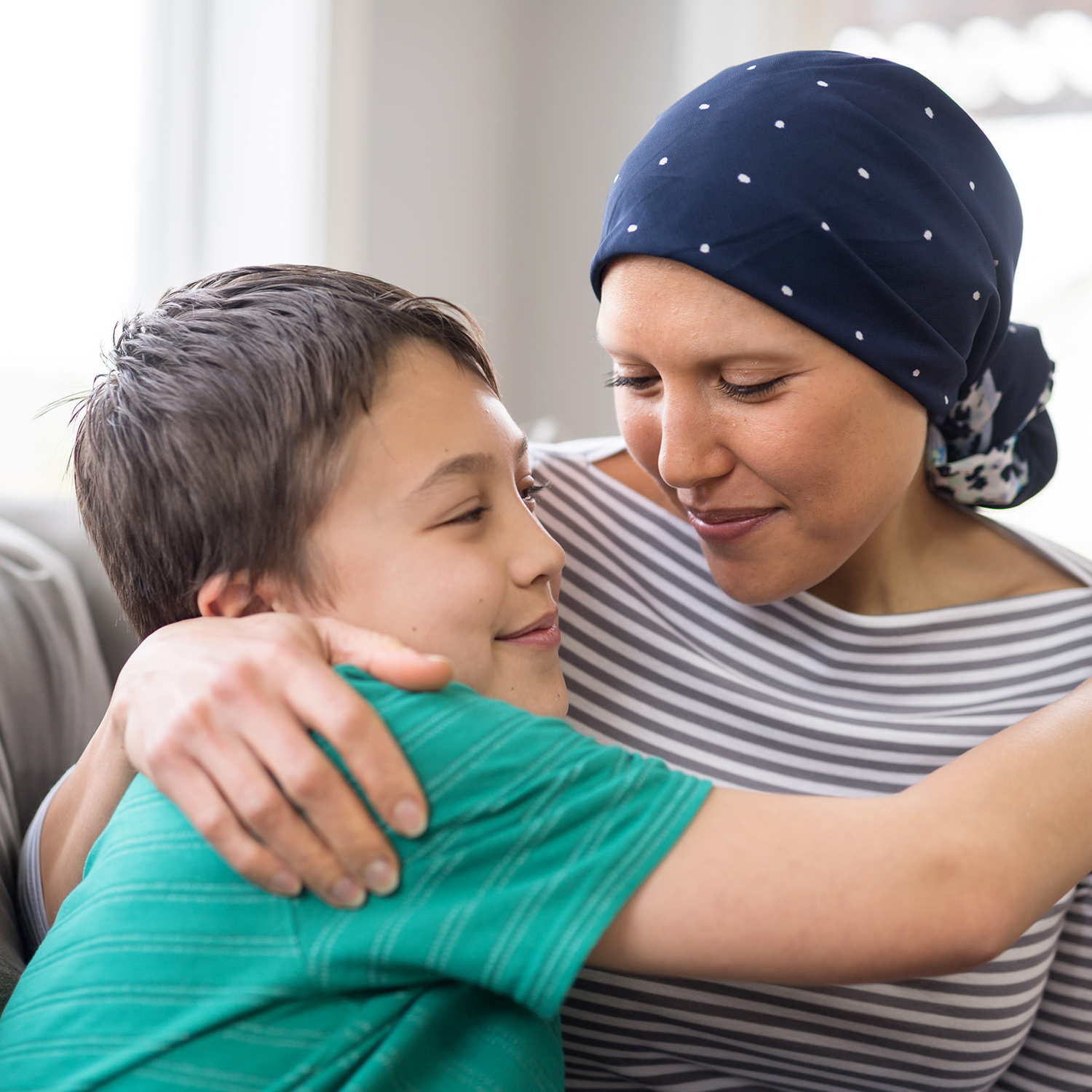
A cancer diagnosis is a life-altering event that sends shockwaves through a person's life
Beyond the physical toll it takes on the body, cancer often brings with it
a host of emotional and psychological challenges
In the battle against this formidable adversary, the importance of psychological support for cancer patients cannot be overstated
This article explores the critical role of psychological support in the treatment of cancer patients and the profound impact it has on their journey to recovery
Understanding the Emotional Toll of Cancer
Receiving a cancer diagnosis is a profoundly emotional experience Fear, anxiety, sadness, anger, and uncertainty are common emotions that can overwhelm a patient
The treatment process itself, which may involve surgery, chemotherapy, radiation, and other therapies, can be physically grueling and emotionally exhausting
Cancer patients often grapple with the fear of the unknown. Questions about survival rates, treatment options, side effects, and long-term consequences can lead to a sense of powerlessness and despair
These emotional struggles can exacerbate physical symptoms and affect a patient's overall well-being
The Role of Psychological Support
Psychological support for cancer patients is a multifaceted approach that addresses the emotional, mental, and social aspects of their journey
Here's how it plays a pivotal role in their treatment
Alleviating Anxiety and Depression Psychological support helps patients cope with the anxiety and depression that often accompany a cancer diagnosis. Therapists, counselors, and support groups provide a safe space for patients to express their feelings and fears, reducing emotional distress
Enhancing Coping Strategies
Cancer patients can benefit greatly from learning effective coping strategies. Psychological support equips them with the tools to manage stress, anxiety, and pain, allowing them to better tolerate treatment and maintain a positive outlook
Improving Quality of Life: Supportive care services, including palliative care and hospice, focus on improving a patient's quality of life by managing symptoms, alleviating pain, and addressing emotional and spiritual needs. These services are an integral part of comprehensive cancer care
Boosting Treatment Adherence Patients who receive psychological support are more likely to adhere to their treatment plans. Feeling emotionally supported can motivate them to actively participate in their care, leading to better treatment outcomes
Fostering Resilience: Psychological support helps patients build resilience, enabling them to face the challenges of cancer with greater strength and determination. This resilience can positively impact their ability to recover and adapt to life after cancer
Addressing Body Image and Self-Esteem: Many cancer treatments can lead to changes in physical appearance, which can affect a patient's self-esteem Psychologists and support groups help patients navigate these changes and embrace a positive self-image
Supporting Loved Ones: Cancer doesn't just affect the patient; it also has a profound impact on their family and friends. Psychological support extends to loved ones, offering them guidance on how to provide emotional support and cope with their own feelings of fear and uncertainty
Available Forms of Psychological Support
Psychological support for cancer patients takes various forms, each tailored to the individual's needs
Individual Counseling: Patients can benefit from one-on-one counseling with a trained psychologist or therapist. This provides a private and confidential space to discuss their emotions, fears, and concerns
Support Groups: Cancer support groups bring together individuals facing similar challenges. Sharing experiences and emotions with others who understand can provide a sense of belonging and reduce feelings of isolation
Mind-Body Therapies: Practices like meditation, mindfulness, and yoga can help patients manage stress, alleviate pain, and promote emotional well-being
Art and Music Therapy: Creative therapies can be a powerful outlet for expression and healing. They provide patients with a means to process their emotions and find comfort in artistic endeavors
Spiritual Counseling: For some patients, spirituality and faith play a significant role in coping with cancer. Spiritual counselors offer guidance and support in this aspect of their journey
The battle against cancer is not just a physical one; it's a deeply emotional and psychological struggle as well. Psychological support for cancer patients is an essential component of comprehensive cancer care. It not only alleviates emotional distress but also enhances the overall quality of life and contributes to better treatment outcomes
About our app
My Cancer Coach is an app developed by Genentech, a biotechnology company. It is designed to provide support and information to cancer patients. The app offers personalized resources and tools for managing various aspects of the cancer journey, including treatment information, side effect management, and emotional support
Here are some key details about the app
Personalized Information: The app provides personalized information based on the type and stage of cancer, treatment plan, and other individual factors. It aims to empower patients with knowledge about their specific condition
Treatment Support: “My Cancer Coach” offers information about different cancer treatments, including chemotherapy, radiation therapy, and immunotherapy. It can help patients understand their treatment options and what to expect
Side Effect Management: The app provides guidance on managing common side effects of cancer treatment, such as nausea, fatigue, and pain. It offers tips and suggestions to help patients cope with these challenges
Emotional Support: Dealing with cancer can be emotionally challenging, and the app includes resources for emotional support and coping strategies. It may offer articles, videos, and links to support groups
Download link click here
The importance of phycological support for cancer patients
![The importance of phycological support for cancer patients]() Reviewed by Doctor
on
October 09, 2023
Rating:
Reviewed by Doctor
on
October 09, 2023
Rating:

No comments: